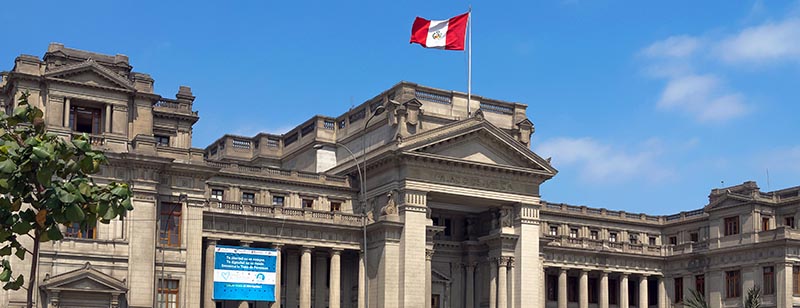Peru takes a step forward in the protection of indigenous peoples’ rights with a provision that contributes to the protection of their ancestral territories and their right to participate in State actions that may affect them.
This January 13th, after a lengthy court process of almost 5 years, the Supreme Court of Peru declared a historic ruling by overturning a provision that prevented the prior consultation of State measures related to public services that affect indigenous peoples[1], such as the construction of roads, airports, waterways, power transmission lines, among others.
The Court declared the nullity with retroactive effect of the Fifteenth Complementary, Transitory and Final Provision of the Prior Consultation Procedure (Supreme Decree No. 001-2012-MC) and of the Vice-Ministerial Resolution that regulated said Provision (RV No. 013- 2016-VMI / MC), finally expelling such provision from the legal framework.
The overturned provisions expressly violated Article 6 of ILO-169 and the Article 2 of the Prior Consultation – Law N° 29785 -, which did not establish any kind of exceptions to the mandate for prior consultation regarding any measure that could affect the indigenous peoples.
A long road toward justice
The ruling comes after almost five years in which the Inter-ethnic Association for the Development of the Peruvian Jungle (AIDESEP), with the advice of the Institute for Legal Defense of the Environment and Sustainable Development (IDLADS), initiated a judicial process (Class Action) to render them without effect. The Supreme Court made this decision in the second instance, since it initially declared the claim unfounded and considered sufficient the information provided through citizen participation.
However, the mere delivery of information does not meet the minimum standards to safeguard the rights of indigenous peoples such as intercultural dialogue, the making of binding agreements and free and informed consent, all components of the right to prior consultation.
This ruling represents a leap forward because it finally overturns a provision that allowed the State to refuse to carry out a prior consultation process with indigenous peoples in cases such as the Amazon Waterway. In this case, the consultation process was carried out only after the Judicial Power ruled in its favor. This ruling sets a substantial precedent by recognizing the importance of this right and opens another path for its proper implementation.
[1] https://dar.org.pe/wp-content/uploads/2021/01/Accion-Popular-contra-el-Reglamento-de-la-Ley-de-Consulta-Previa-por-exonerar-de-consulta-previa-los-servicios-publicos.pdf


